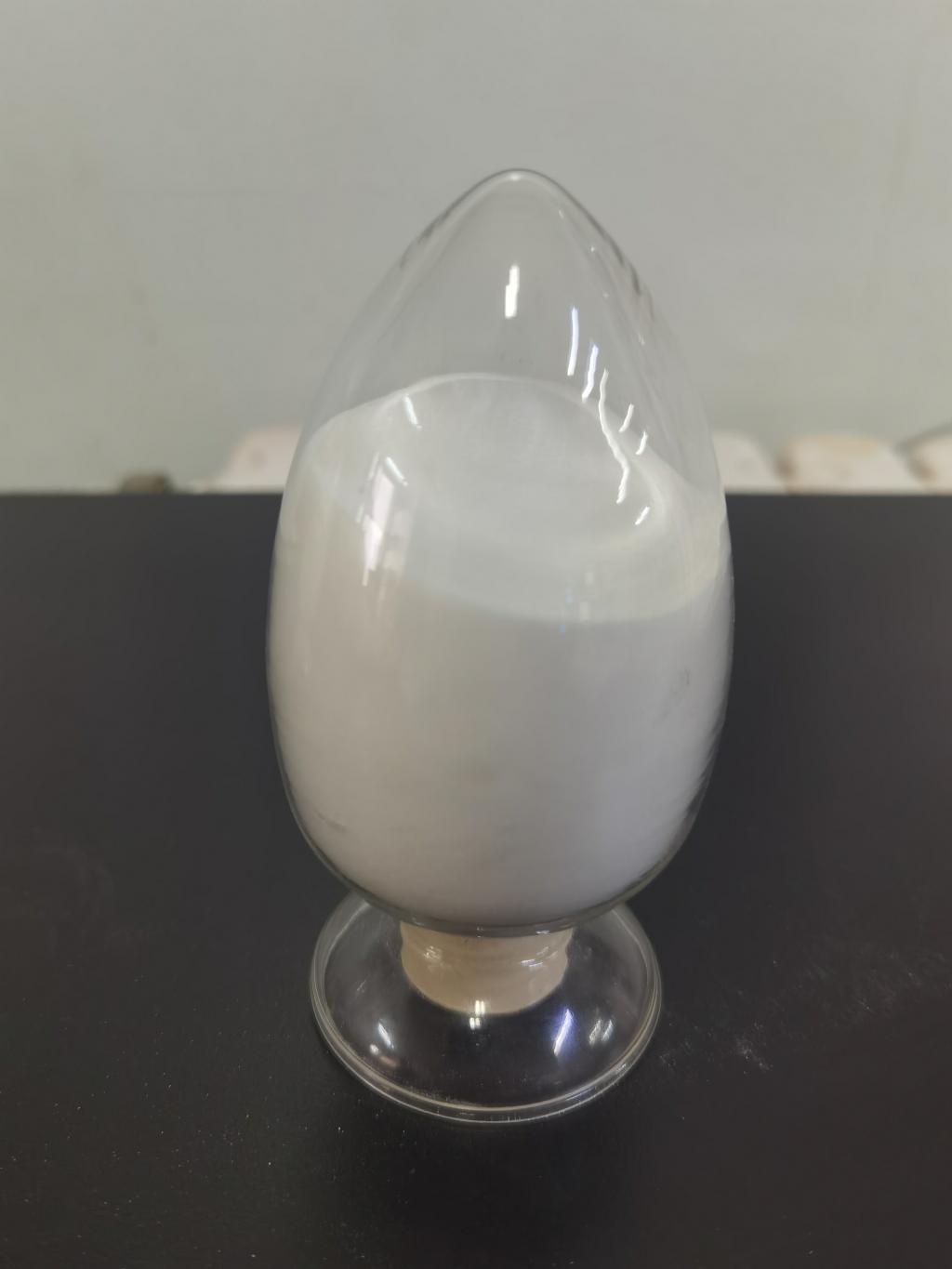Tel:+8618231198596

News
 CONTACT
CONTACT
 CONTACT
CONTACT
- Linkman:Linda Yao
- Tel: +8618231198596
- Email:linda.yao@dcpharma.cn
- Linkman:CHARLES.WANG
- Department:Overseas
- Tel: 0086 0311-85537378 0086 0311-85539701
News
The impact of ε-Polylysine hydrochloride on the quality of long-shelf-life bakery products.
TIME:2024-10-15
Mechanism of Action
ε-Polylysine hydrochloride is a cationic homopolymer of L-lysine, a naturally occurring amino acid. It exerts its antimicrobial activity by disrupting the cell membranes of microorganisms, leading to the leakage of intracellular components and ultimately, cell death. ε-PL is particularly effective against a wide range of Gram-positive and some Gram-negative bacteria, yeasts, and molds, making it a versatile preservative for bakery products that are susceptible to both bacterial and fungal contamination.
Impact on Microbial Growth
One of the primary benefits of using ε-PL in bakery products is its ability to inhibit the growth of spoilage and pathogenic microorganisms. In baked goods, common contaminants include Aspergillus, Penicillium, and Rhizopus species, which can lead to mold formation and off-flavors. By incorporating ε-PL into the formulation, manufacturers can effectively control these microorganisms, thereby extending the shelf life of the products. Studies have shown that even at low concentrations, ε-PL can significantly reduce the growth of these organisms, ensuring that the bakery products remain fresh and safe for consumption over an extended period.
Sensory and Textural Properties
Maintaining the sensory and textural properties of bakery products is crucial for consumer acceptance. Unlike some synthetic preservatives, ε-PL has minimal impact on the taste, aroma, and texture of the final product. This is particularly important in bakery items where flavor and mouthfeel are key attributes. Research has demonstrated that ε-PL does not impart any off-tastes or odors, and it does not affect the crumb structure or crust characteristics of bread and other baked goods. This makes ε-PL an ideal choice for preserving the quality and sensory experience of long-shelf-life bakery products.
Stability and Processing Conditions
ε-PL is stable under a wide range of processing conditions, including high temperatures, which are commonly encountered during baking. Its thermal stability ensures that it remains effective throughout the production process, from mixing and proofing to baking and packaging. Additionally, ε-PL is pH-stable, making it suitable for use in a variety of bakery formulations, whether they are acidic, such as fruit-filled pastries, or more neutral, like white bread. This stability allows for consistent performance and reliable preservation across different types of bakery products.
Regulatory Considerations
The use of ε-PL in food products, including bakery items, must comply with local and international food safety regulations. In many countries, ε-PL is approved for use as a food preservative, and it is generally recognized as safe (GRAS) by regulatory bodies such as the U.S. Food and Drug Administration (FDA) and the European Food Safety Authority (EFSA). However, as with any food additive, the specific applications and maximum usage levels may vary by region. Manufacturers should ensure that their use of ε-PL aligns with the relevant regulatory guidelines and undergoes the necessary testing and approval processes.
Consumer Perception and Clean Label Trends
In today's market, consumers are increasingly seeking clean-label products that are free from artificial additives and preservatives. ε-PL, being a naturally derived compound, fits well within this trend. Its natural origin and proven safety record make it an attractive option for manufacturers looking to appeal to health-conscious consumers. By clearly communicating the benefits of ε-PL as a natural preservative, manufacturers can enhance consumer trust and satisfaction, while also meeting the demand for longer-lasting, high-quality bakery products.
Conclusion
The use of ε-polylysine hydrochloride in long-shelf-life bakery products offers significant advantages in terms of microbial control, sensory preservation, and regulatory compliance. Its natural origin, broad-spectrum antimicrobial activity, and minimal impact on the sensory and textural properties of baked goods make it a valuable tool for extending the shelf life of these products. As the food industry continues to innovate and respond to consumer preferences, ε-PL is likely to play an increasingly important role in ensuring that bakery products remain fresh, safe, and appealing to a discerning market. Ongoing research and development will further refine the use of ε-PL, contributing to the continued improvement of bakery product quality and shelf life.
- Tel:+8618231198596
- Whatsapp:18231198596
- Chat With Skype







